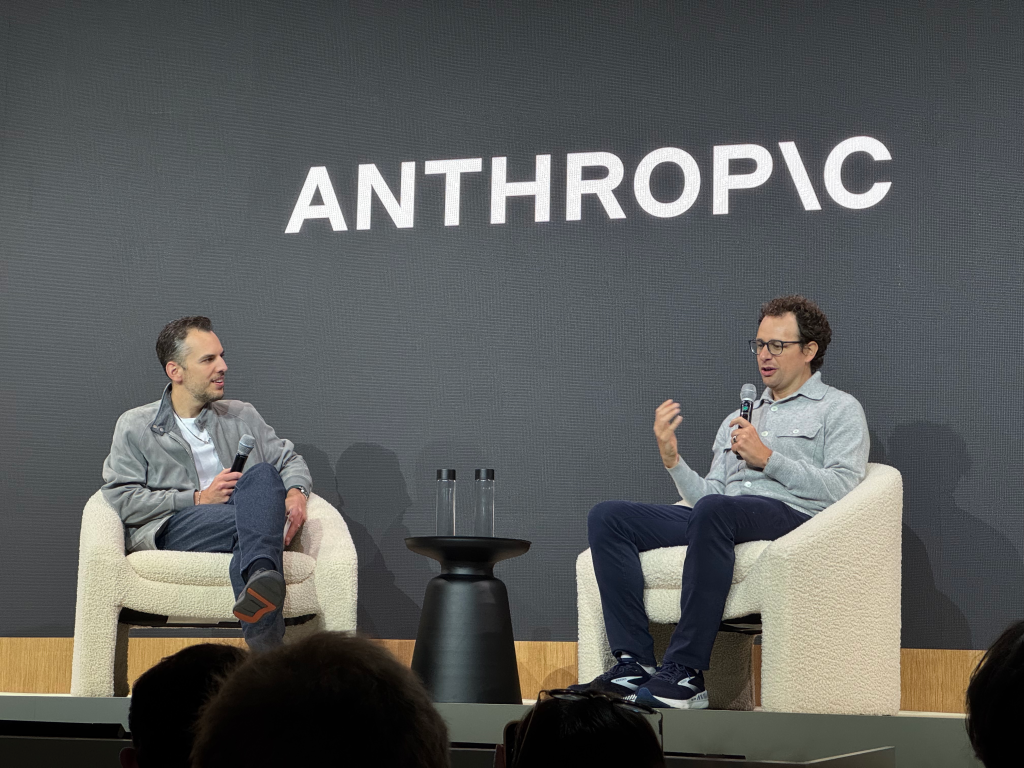In a landmark moment for higher education, two industry titans—Anthropic and Pearson—are deepening their commitment to deploying AI across campuses worldwide. This wave of innovation is redefining academic norms, equipping students with intelligent assistants while empowering educators with data-rich insights and pedagogical agility.
Table of Contents
Anthropic’s Bold Leap into Colleges
On July 9, 2025, Anthropic unveiled a robust update to its “Claude for Education” platform—an AI designed not merely to answer queries but to foster deeper learning. New integrations include:
- Canvas LTI access, allowing real-time AI engagement without leaving course outlines
- Panopto lecture transcript support, letting students ask Claude questions grounded in actual class discussions
- Wiley reference integration, enriching Claude’s responses with vetted, peer-reviewed research
The company has also welcomed prestigious partners—such as the University of San Francisco School of Law and Northumbria University—into its AI ecosystem. These early adopters are piloting Claude in legal education, using it to analyse case law and map evidence within litigation courses, all while prioritising privacy and institutional data protection.
“This is AI with a moral compass,” declared Northumbria’s Graham Wynn, highlighting the university’s vision to nurture digitally inclusive and socially mobile graduates.

Partnerships That Signal AI’s Academic Wake-Up Call
Anthropic’s approach blends technological innovation with educational ethics:
- The student ambassador initiative is expanding tenfold to spread fluency across campuses.
- The new Claude Builder Clubs drive student-led AI labs, demos, and start-up ideation, open to all majors.
This spring, Anthropic secured full-campus agreements with major institutions: Northeastern University (49,000 users), the London School of Economics, and Champlain College. These alliances bring Claude into everyday workflows—from study guides and quizzes to enrollment analytics and administrative docs.
At Northeastern, AI is being integrated into the university DNA. With Claude embedded in learning, research, and operations, faculty like media innovation professor John Wihbey are leveraging the system to generate code, craft writing, and analyse datasets—all within sound ethical boundaries.
Learning Mode: A Socratic AI That Respects the Process
A standout feature in Claude for Education is Learning Mode, designed to nurture student thinking rather than deliver answers. Through Socratic questioning, Claude prompts users to reflect, reason, and explore alternatives before presenting solutions.
This design philosophy showcases Anthropic’s priority: AI that serves pedagogy, not shortcuts—an approach that acknowledges and guards against academic integrity concerns.
Pearson’s Strategic Expansion in AI Learning Solutions
Meanwhile, global educational publisher Pearson has been intensifying its investment in AI-enhanced learning.
Back in August 2024, Pearson rolled out AI-driven tools within its Pearson+ platform, enabling personalised study plans from syllabi, interactive video Q&A, and an AI tutor linked to eTextbooks & study platforms like MyLab and Mastering.
By spring 2025, Pearson had made significant strides:
- AI features now appear in over 350 eTextbooks and 100 MyLab titles.
- U.S. students using these tools report four times more active study behaviours, with 38% engaging higher-level cognition and 25% deploying critical thinking.
- Faculty engagement is equally strong, with 77% planning to integrate AI into teaching via tutoring, lesson design, material generation, or practice question creation.
Ending the year 2024, usage soared 95%, reinforcing that both students and instructors are embracing this digital transformation.
A Global AI Shift: Beyond U.S. Borders
Pearson’s AI expansion isn’t limited to North America. In early 2024, it extended generative AI-powered study tools to students across Europe, Asia-Pacific, Canada, the Middle East, and Australia, promising wider access to AI-driven learning by August 2024.

Competition Heats Up: Race for the Collegiate Mind
Anthropic isn’t alone. OpenAI, Anthropic’s chief rival, is making aggressive moves in higher ed. With ChatGPT Edu, free ChatGPT Plus access for North American undergraduates, and a $50 million NextGenAI fund for research, its goal is clear—dominate the campus AI landscape.
The firm competition between Anthropic’s Claude for Education and ChatGPT Edu underscores how critical universities are becoming battlegrounds for the next generation of AI literacy.
What It All Means: The AI-Driven Future of Campuses
- Enhanced learning, not shortcuts.
- Tools are designed to assist, not replace thinking. Learning Mode, personalised study plans, and interactive AI tutors all encourage deeper understanding rather than answers-for-hire.
- Ethics and privacy as pillars.
- From private-by-default AI chats to institutional approval for data use, both Anthropic and Pearson embed privacy, transparency, and academic standards in their tools.
- Faculty empowerment.
- AI assistance in lesson creation, grading rubrics, feedback loops, and even enrollment analytics—helps faculty focus on enrichment and innovation, not admin overload.
- Hands-on student engagement.
- Ambassador programs, AI clubs, and access to APIs encourage students to transition from users to creators, preparing them for AI-native careers.
- Bridging educational inequity.
- By providing access to individualised AI tutoring and study resources, these tools could help close learning gaps exacerbated by uneven access to human tutors.
Challenges & Considerations
- Academic integrity fears persist. Critics argue AI might encourage plagiarism or produce shallow learning if unchecked.
- Imbalanced access looms as a risk. AI tools and integrations demand institutional funding, thus potentially reinforcing resource gaps between elite and underfunded schools.
- Environmental footprint. Large AI models consume significant energy, and as usage scales, universities must weigh carbon impacts .
- Curriculum evolution is vital. Faculty will need support to adapt syllabi, assessment models, and pedagogical strategies for a world with omnipresent AI.
Voices from the Frontlines
- Daniela Amodei, Anthropic co-founder: “Together with Northeastern, we’re shaping AI-powered educational tools that are safe, transparent and impactful.”
- Javed Aslam, Northeastern’s AI chief: “We’re co-developing AI tools and frameworks… to be the world’s leading AI‑enabled university.”
- Tony Prentice, Pearson CPO: “College students using AI help are getting better grades… the future of education is here.”
- Champlain College’s Alex Hernandez: “AI is changing what it means to be Ready for Work… it will fuel innovation and workforce development.”

Looking Ahead: What to Watch
- Broader institutional adoption.
As annual cohorts of ambassadors, clubs, and integrations mature, expect Claude in courthouses, labs, and admin offices—alongside Pearson’s AI tools across global eTextbooks. - Independent outcome studies.
Data on learning impacts, engagement, retention, and critical thinking will determine if these initiatives deliver on their promises. - AI literacy becomes core.
AI fluency courses, builder challenges, and ethics training may evolve into learning staples, just like writing or computer science. - Policy & governance frameworks.
Governments, councils (like the Digital Education Council), and accrediting bodies will need to set standards ensuring AI equity, transparency, and sustainability.
Final Word
The partnership between Anthropic and Pearson marks a pivotal moment in educational history. Together, they’re launching a new era—one where students wield AI to deepen their understanding, educators regain bandwidth for creative teaching, and universities evolve into AI-augmented learning environments. This isn’t just digitisation—it’s a strategic reinvention of what higher education can be.
Join our WhatsApp community
Join Our Social Media Channels:
WhatsApp: NaijaEyes
Facebook: NaijaEyes
Twitter: NaijaEyes
Instagram: NaijaEyes
TikTok: NaijaEyes







































